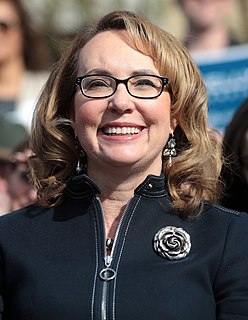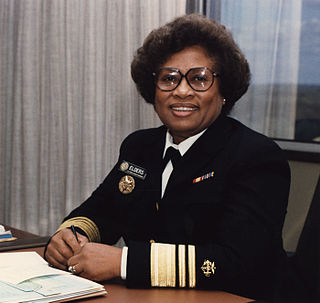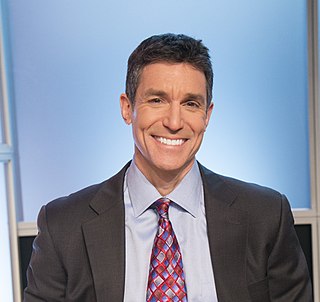A Quote by Elizabeth Esty
Since the tragedy at Sandy Hook Elementary School three years ago, we have lost over 90,000 Americans to gun violence. This is a manmade crisis that needs to be treated as the public health epidemic it has become.
Related Quotes
Moments ago, the U.S. Senate decided to do the unthinkable about gun violence - nothing at all. Over two years ago, when I was shot point-blank in the head, the U.S. Senate chose to do nothing. Four months ago, 20 first-graders lost their lives in a brutal attack on their school, and the U.S. Senate chose to do nothing. It's clear to me that if members of the U.S. Senate refuse to change the laws to reduce gun violence, then we need to change the members of the U.S. Senate.
Since 1975, violence has been recognized as a public health problem, in large part to former Surgeon Generals Dr. Koop and Dr. Satcher's pioneering efforts to make the health approach a national priority. Since then, we've seen that violence can be curbed - and stopped - if we treat it as we would any other epidemic health concern.
Sometimes, in the midst of a tragedy like the Newton massacre, we witness incredible acts of valor, tenderness, grace, and decency. We saw it from Sandy Hook Elementary School's teachers, students, and parents, as well as from their community and country. The outpouring of sympathy and help has been touching and, at times, inspiring.
I've pretty much always used my positions as a bully pulpit. What that means is strongly advocating for the things I feel are really important. Gun violence, to me, is the highest-priority public-health issue, and I have to make sure Congress is aware of it, the American people are aware of it, the president is aware of it, and that we all begin together to develop policies to exterminate the disease - the epidemic, really - of gun violence.
Citizenship means standing up for the lives that gun violence steals from us each day. I have seen the courage of parents, students, pastors, and police officers all over this country who say 'we are not afraid,' and I intend to keep trying, with or without Congress, to help stop more tragedies from visiting innocent Americans in our movie theaters, shopping malls, or schools like Sandy Hook.
According to the CDC, more than one in three women and one in four men in the United States have been victims of domestic violence. It is a widespread public health problem, and every year 1,600 women and 700 men are killed by their intimate partners. One of the biggest risk factors that domestic violence will become fatal is the presence of a gun.
For a number of years at my public elementary school in rural Maine, I was treated like all the other girls in school. That changed in September 2007 when a male classmate, set on a path by his grandfather, followed me into the girls' restroom. The end result was that I had to use the school's staff bathroom - just me, no one else.

































